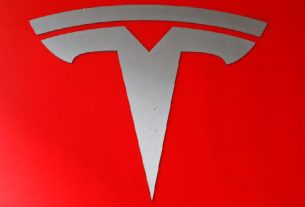Amazon has promised to provide affordable homes in three American cities and has directed USD 2 billion for the project. The e-commerce giant said that the fund will be used to preserve and build around 20,000 affordable homes in Arlington, Virginia, and in Nashville, Tennessee. Amazon employs thousands of workers in these parts of the country. The Housing Equity Fund will provide low cost loans and grants to people who are making only 30 to 80 per cent of the median income. Public agencies will receive the fund of USD 125 million in grants to provide affordable housing solutions.
This is important as the presence of major tech companies in the area leads to a higher cost of living in neighboring areas. Amazon is following companies like Google, Facebook, and Apple that have been focusing on such issues. These companies have already pledged around USD 1 billion for the cause. All the three companies are trying to address the issue in California. To ease the crisis in the Seattle area, Microsoft has pledged USD 750 million. Now Amazon has taken the issues seriously and doing things to ease the housing crisis. Last year, the company pledged USD 100 million to nonprofit homeless service provider Mary’s Place. The fund was used to open a homeless shelter at Amazon’s Seattle campus.
Amazon argues that its pledge will help people getting affordable homes in three regions and hence it is broader in scope. However, the company has rejected a tax proposal that was aimed to support affordable housing projects. For the uninitiated, the company was planning to build news headquarters in Long Island City in 2018. But reports suggested that the site was earmarked for a project under which over 1.500 affordable housing units were to be built. After facing a lot of backlash from residents as well as politicians, Amazon decided to pull out of the project.

Paul is an American-based writer covering Latest business trends. Paul cover Business and media for many news sites. He has been breaking news and writing features on these topics for major publications since 2012. Paul prefers writing about business news keeping science and technology into perspective.



